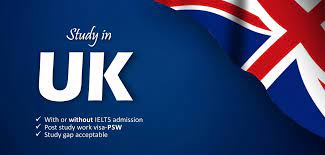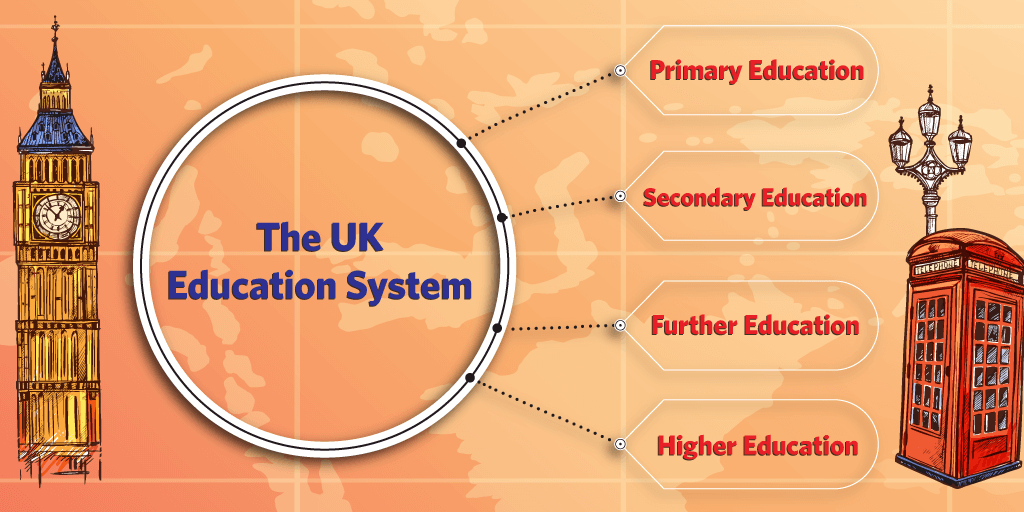The UK schooling system is a declined matter, with every one of the four nations of the UK (Britain, Ribs, Scotland, and Northern Ireland) having its own different framework. Notwithstanding, there are a few wide similitudes between the frameworks in the four nations.
The UK schooling system is separated into four primary stages:
* **Early years:** This stage is deliberate and covers kids from birth to mature 5.
* **Essential education:** This stage is obligatory for all youngsters matured 5 to 11.
* **Auxiliary education:** This stage is additionally necessary for all kids matured 11 to 16.
* **Post-16 education:** This stage isn’t necessary, yet most understudies decide to proceed with their schooling after the age of 16. Post-16 training can take many structures, including further instruction (FE), apprenticeships, and advanced education (HE).
**Essential education**
Essential training in the UK is ordinarily partitioned into two key stages: Key Stage 1 (ages 5 to 7) and Key Stage 2 (ages 7 to 11). In Key Stage 1, kids gain proficiency with the fundamentals of perusing, composing, and number-crunching, as well as different subjects like science, innovation, designing, and arithmetic (STEM). In Key Stage 2, kids’ learning turns out to be more particular, and they begin to get ready for the change to optional school.
**Auxiliary education**
Auxiliary training in the UK is regularly separated into two key stages: Key Stage 3 (ages 11 to 14) and Key Stage 4 (ages 14 to 16). In Key Stage 3, understudies concentrate on a wide scope of subjects, including English, math, science, history, geology, and an unknown dialect. In Key Stage 4, understudies begin to have some expertise in the subjects that they are most keen on and that they need to learn at A-level or another post-16 capability.
**Post-16 education**
After the age of 16, understudies have various choices for post-16 training. They can decide to proceed with their schooling at school, at further instruction school, or at a college.
**School 6th forms** offer A-level courses, which are normally two-year courses that lead to college entrance capabilities.
**Further schooling (FE) colleges** offer a great many courses, including professional capabilities, apprenticeships, and Admittance to Advanced education (HE) courses. FE schools are a decent choice for understudies who need to become familiar with a particular expertise or exchange, or who need to plan for college yet don’t meet the passage necessities for a customary degree course.
**Apprenticeships** are work-based preparing programs that permit understudies to procure while they learn. Apprenticeships are accessible in a great many ventures, and can prompt a completely qualified work.
**Advanced education (HE)** is instruction that is over the level of A-levels. HE is commonly presented by colleges, however there are likewise various other HE foundations, like schools and polytechnics. HE courses can prompt different capabilities, including four year certifications, graduate degrees, and doctorates.
The UK school system is very much regarded all over the planet, and UK colleges are reliably positioned among the best on the planet. The UK framework is likewise known for its adaptability, with understudies having various choices at each phase of their schooling.



